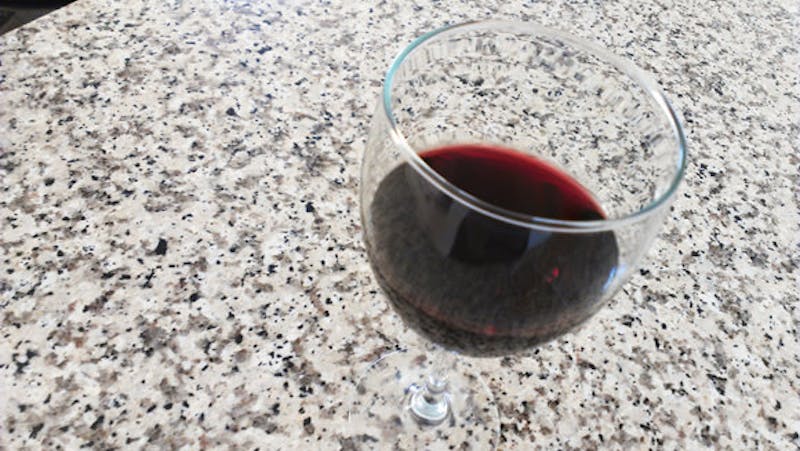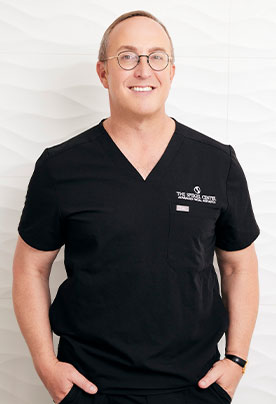
Many people simply enjoy red wine as a beverage. But there are other benefits to red wine than being a great beverage. Drinking red wine on a regular basis is said to have anti-aging benefits. It is possible to age more gracefully as a result of implementing red wine into your diet.
Resveratrol
The primary ingredient responsible for these anti-aging benefits is resveratrol. There have been numerous studies recently conducted around resveratrol. It is a naturally occurring compound which contains significant antioxidant properties which help to neutralize free radicals. Free radicals can cause significant damage on the cells of an organism, which contributes to a number of problems from poor heart health, low immune system, diabetes and Alzheimer’s. The neutralization of free radicals helps to eradicate these problems and slow down the aging process.
Resveratrol in Red Wine
Resveratrol can be found in the skins and seeds of grapes. During the fermentation process, which is when the wine is made, red wines experience long contact with grape skins. This intensifies the concentration of resveratrol found in red wine. Because of the high level of resveratrol in red wine, it has been said to be particularly beneficial. The effects of resveratrol are said to be especially noticeable when you drink red wine. This has given red wine an enormous amount of recognition as a solution for those who look to approach their older age with their good health intact.
Studies on Resveratrol
Resveratrol received a great deal of attention after a 2006 study of the compound’s effect on mice. It was shown that mice who consumed high-calorie diets with high dosages of resveratrol gained less weight and suffered from fewer cardiovascular problems. Their lifespan was also increased by an astonishing 30%. More recent studies have shown similar results in humans. Science Daily concluded that resveratrol is comparable to the effect of a low calorie diet on the body, as it will improve heart health as well as decrease the body’s chronic inflammation response.
More Studies on Resveratrol
John Hopkins University conducted their own study on resveratrol and red wine. The amount of the compound in red wine can help to elevate enzyme levels in the brain and protect it during a stroke. Cornell University also concluded that resveratrol can decrease plaque formation in the brains of mammals as they age, which is one of the root causes of Alzheimer’s. It is needless to say that resveratrol can significantly help to improve the aging process. These and other numerous studies have revealed that drinking red wine has benefits greater than taste and a sense of relaxation.
The question that does remain is how much red wine you should be drinking. Despite all of its potential health benefits, red wine is still an alcoholic beverage. Consuming it to excess can result in impaired judgment, alcoholism, and damage to the liver which can result in cancer. Ironically, this will counteract all of the health benefits it carries. Red wine should therefore always be consumed in moderation.





